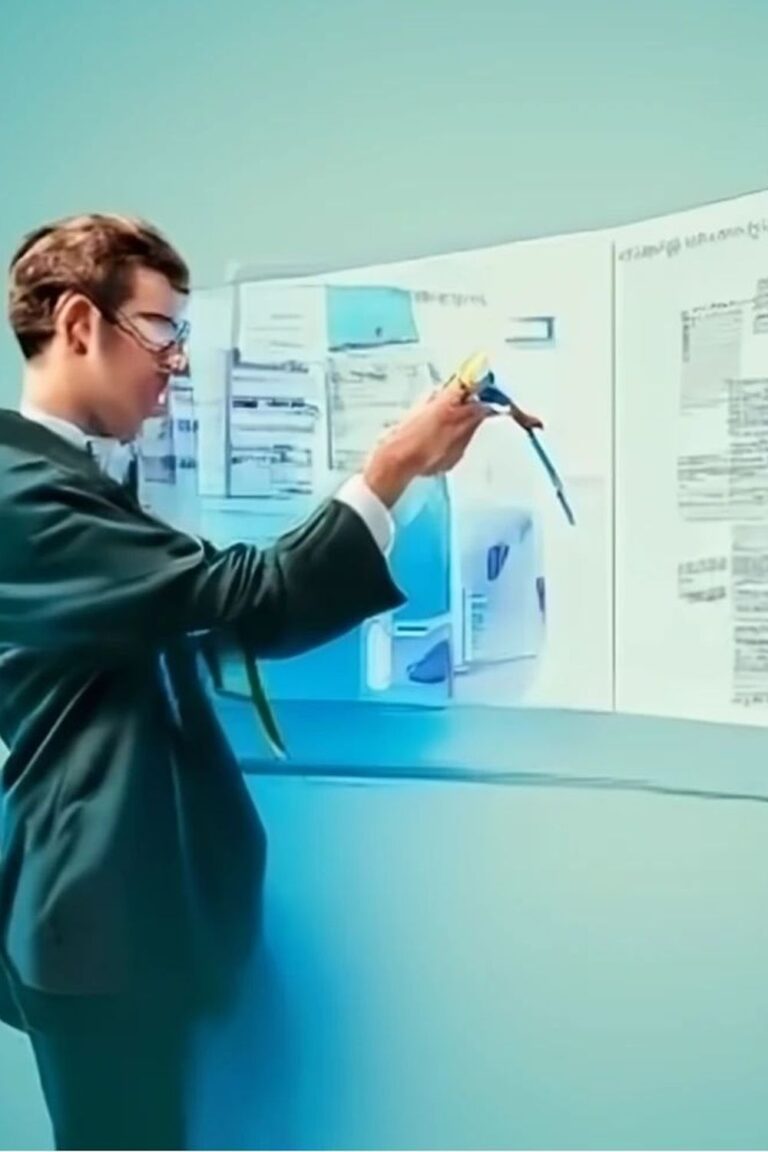Meetings can be productive, but they can also become a periodic or even chronic headache.
Planning your meetings in advance is the first key to be able to carry them out in a minimally efficient way. But also, before the time of the meeting, the agenda of the meeting must be perfectly established in such a way that it clearly includes the topics to be discussed and the time allotted to each topic. Share this agenda with the participants well in advance so that they can adequately prepare for the meeting and contribute meaningfully to it.
Having a defined plan maximizes everyone’s time, avoids scattering the discussion on irrelevant topics, and really shows respect for everyone’s time, so it is a practice that should be perfectly normalized and assumed in the business culture.
But in addition, during the meeting, it is important to keep the focus on the objectives set out in the agenda. Steer the conversation efficiently and avoid straying from the main topic, or redirect it if there is a significant detour. If unrelated topics arise, note them for discussion at another time, which may well be at the end of the meeting agenda or on another day, and keep the meeting on track with its planned agenda until completion.
Assign clear roles to participants to ensure that everyone contributes equally and that deadlines are met for each item to be discussed. By maintaining discipline and structure, everyone’s time is maximized and more effective results are achieved.
Finally… every participant should take notes at the meeting. A meeting of people where no one takes notes on anything or writes anything down speaks very poorly of your corporate culture. And naturally, someone should be assigned the task of writing up some meeting notes or taking minutes of the meeting and sending the conclusions to all participants.










